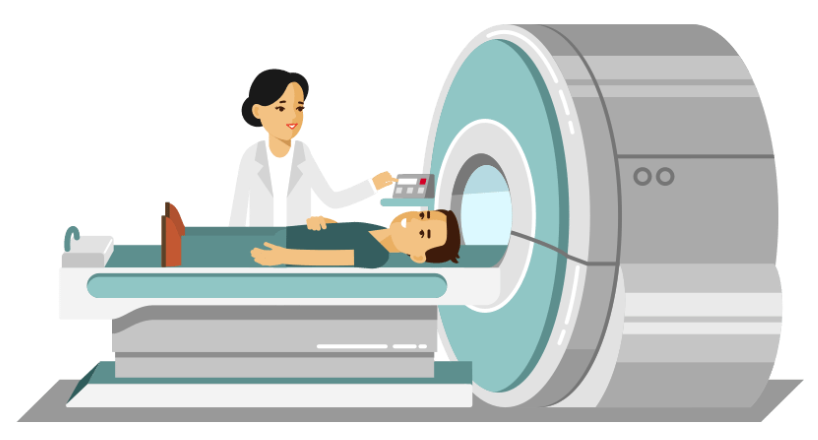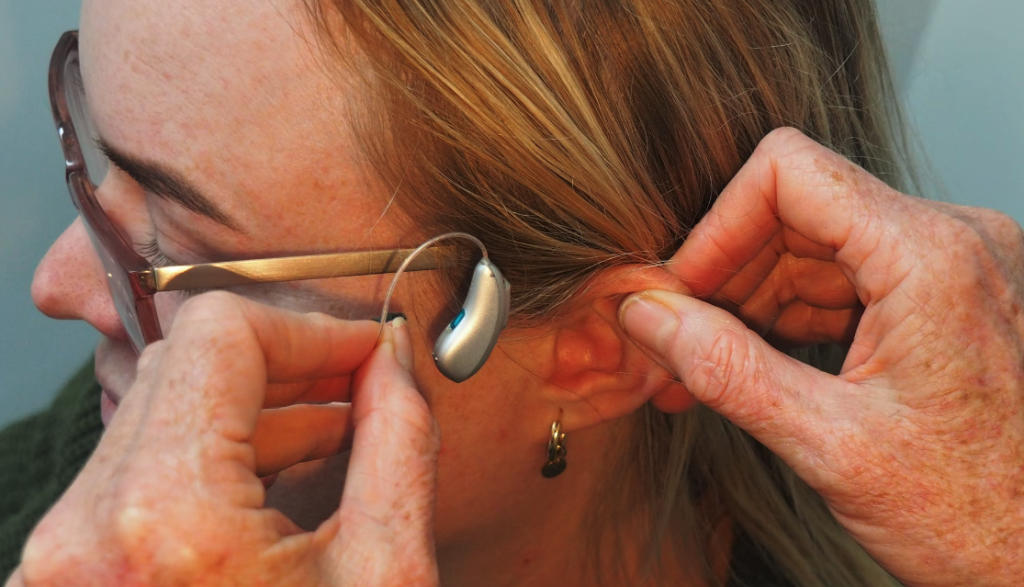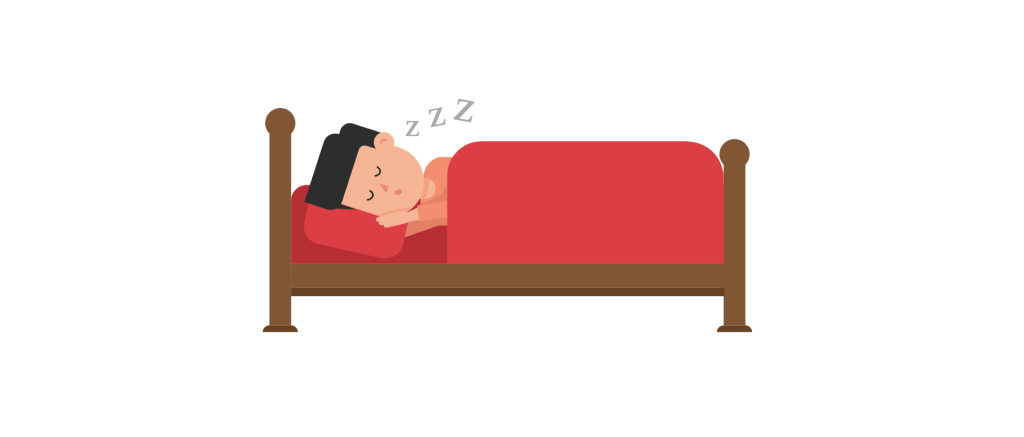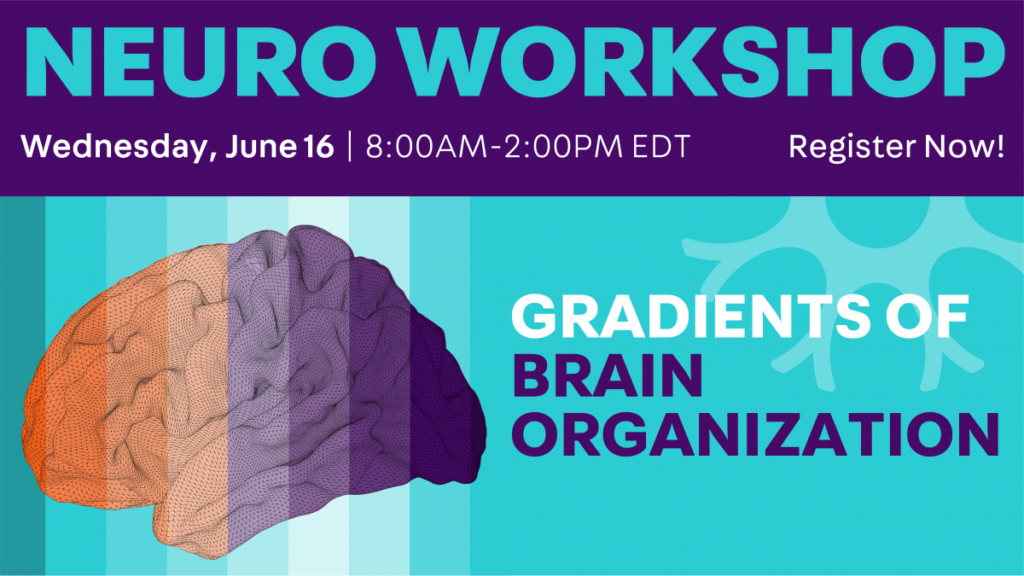It is the end of the semester again and your exams are fast approaching. Your new year’s resolution was to go from expert in procrastination to expert in time management, and yet here you are again, trying to learn three and a half months of school material in one week. Like always, you have convinced yourself that in one week, you will be able to learn, understand, and memorise all the facts and theories you need to know to pass your exams. At first, cramming doesn’t sound so bad, but as the sleepless nights turn to exhausting days, you notice it becomes harder and harder. You find yourself reading the same sentence over and over as if it’s written in a foreign language. Your flash cards and clever mnemonic devices aren’t helping as much as they did yesterday. Panic starts to set in as you realise that this is taking more time than you have left, and you wonder: “why is my memory failing me now?!”. Well, it’s likely that those sleepless nights could be taking a toll on your brain because of the interesting relationship between sleep and memory.









